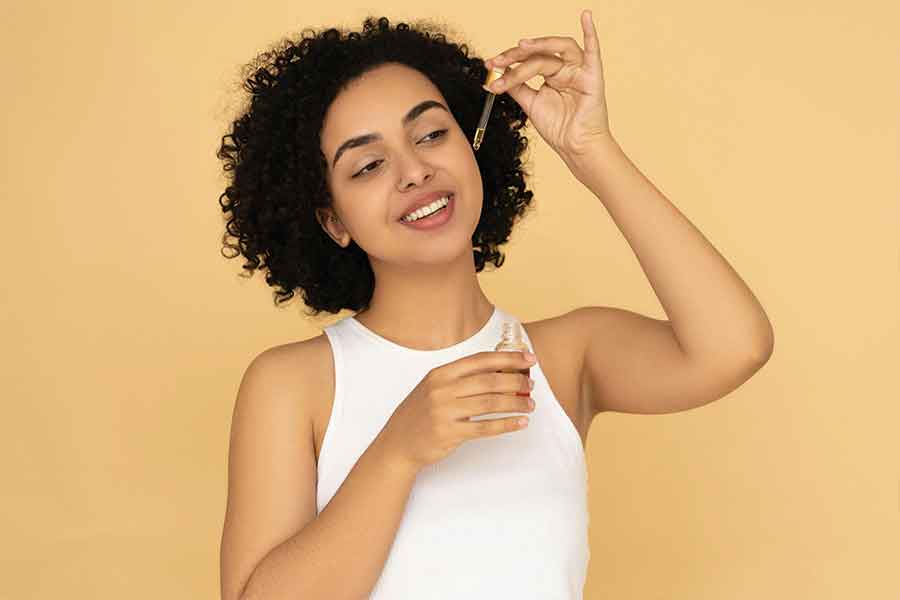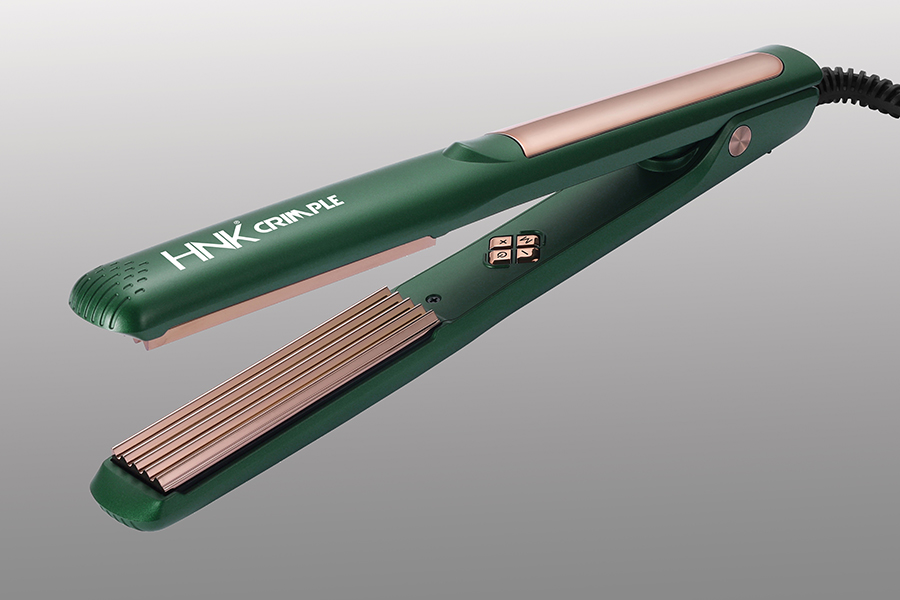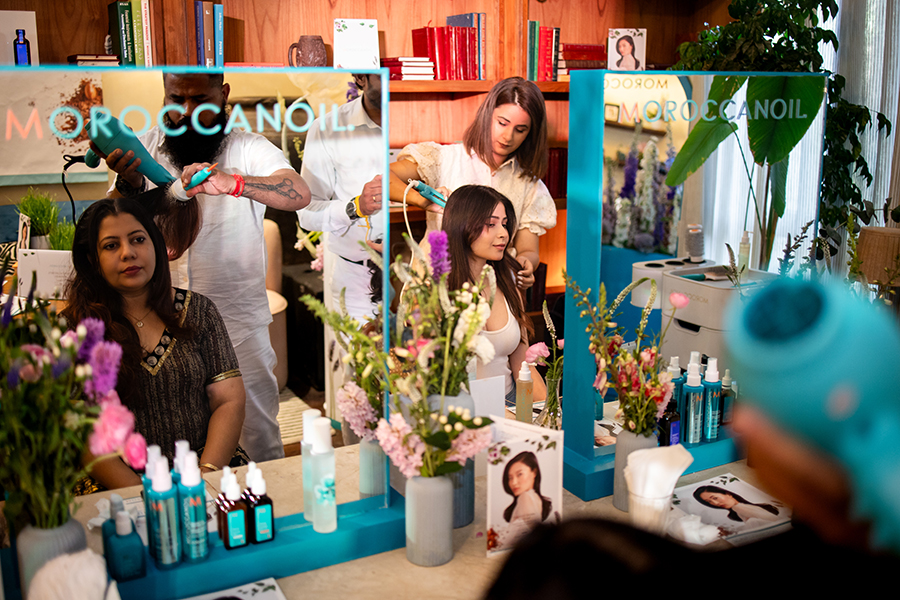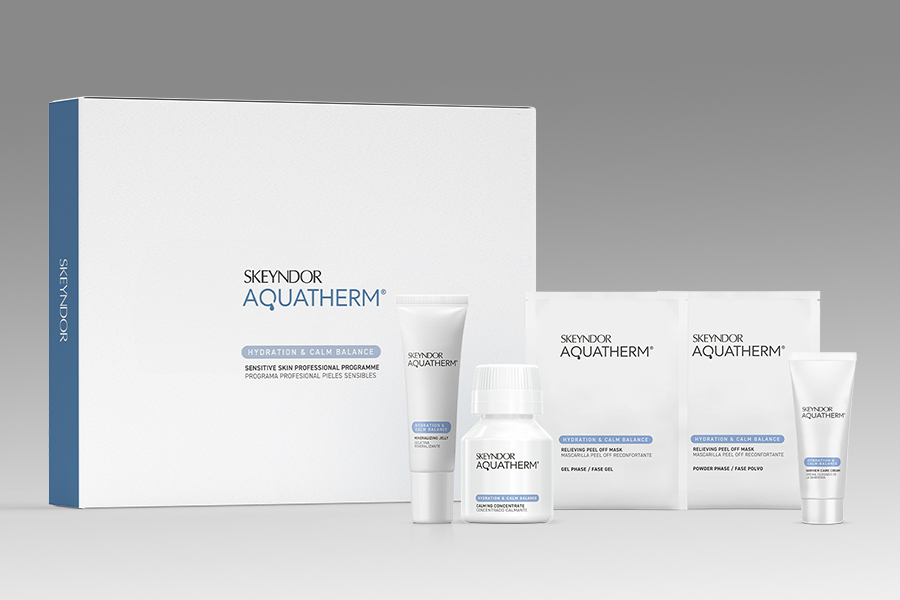So many vitamins, so little information. Why are vitamins used in skincare, and which vitamins should you use?
Between retinols and retinoids, acids and emollients, I think we are all a little confused when it comes to skincare ingredients. Perhaps the most confusing of all is the recent rise of vitamins in skincare. We mostly know about vitamins – in the form of the multivitamin pills we’ve taken as children. We also know the basics – Vitamin C comes from oranges, Vitamin D comes from the sun.
But vitamins in skincare take a sharp right turn from common knowledge. What is the difference between all these chemicals, and which ones should I be using? What is the difference between ingested and topical vitamins? Well, read on to find out more!
Topic: Topical
Ingested vitamins are usually supplements – taken when someone’s diet is not properly providing them with the necessary vitamins for their wellbeing. All forms of ingested vitamins – whether supplements or as a part of food, are absorbed through the digestive track and hence diluted.
Topical vitamins – those applied to skin, are ways to target specific skin concerns and issues. By using topical vitamins in skincare routines, the efficacy of the absorption is increased. In essence, all three forms of vitamin intake are essential parts of wellbeing, and all three complement each other to form a balanced health and wellness routine.
The Vitamin Alphabet
All vitamins are good, but some vitamins are better than others. This is the mantra used for vitamins in skincare. There are some vitamins which are truly superstars in rejuvenating skin, healing hyperpigmentation, healing acne, or otherwise contributing to skin health. Take a look at some of the most common vitamins in skincare and how you can incorporate them into a healthy skincare routine.
1. Vitamin A
What it is: Vitamin A, a.k.a. retinoid is an umbrella term for three commonly used forms of vitamin A in skincare, ranging from least to most potent: retinol, retinal, and retinoic acid. The latter is usually only available by prescription.

What it does: Retinoids are known as a magical anti-ager, an antioxidant, a hyperpigmentation specialist, and an acne treatment, all at once. Retinoids boost cell turnover, unclog pores, and clear hyperpigmentation.
Where to find it: The Dermalogica Retinol Clearing Oil is a great option for acne-prone, oily skin. Meanwhile, the Paula’s Choice Intensive Wrinkle-Repair Retinol Serum works great for anti-aging and wrinkle repair.
2. Vitamin B3
What it is: Vitamin B3 is known as niacinamide in skincare. Compared to the more hair-triggered retinoid, niacinamide is a milder topical vitamin, not easily causing allergic reactions. It can also be incorporated into a skincare routine, between toner and moisturiser.
What it does: Niacinamide is an overall skin booster, helping to clear pores and regulate oil.
It is an overall skin booster, helping to brighten, even, and tone skin, with marginal negative effects.
Where to find it: The Dot and Key Cica Niacinamide Moisturizer Gel Night Cream works wonders in clearing up redness in the skin. For a serum version, The Ordinary Niacinamide 10% + Zinc 1% can cut down on breakouts.
3. Vitamin C
What it is: Vitamin C is a dermatologist’s favourite. Also known as ascorbic acid, it is usually found in citrus and other fruit.
What it does: Vitamin C particularly helps to fight the effects of pollution in the skin. It is the natural enemy of free radicals. Vitamin C can reduce the appearance of ageing, heal wrinkles, and clear hyperpigmentation.

Where to find it: The Minimalist Vitamin C + E + Ferulic 16% Face Serum is a perfect product to provide a brightening boost to the skin. On the other hand, the Dr. Rashel Vitamin C gel can also clear and even out skin.
4. Vitamin E
What it is: Vitamin E is found in most healthy foods such as vegetables and poultry, it is also a great addition to a skincare routine.
What it does: In skincare, Vitamin E is a super moisturiser. Vitamin E works by strengthening your skin barrier, giving your skin a better chance at staying hydrated. That makes Vitamin E a sure-fire winner during the dry winter months.
Where to find it: The Skyendor Eternal Cream enriched with Vitamin E might be pricey, but it is bang for your buck. Shills Professional Vitamin E Facial Oil Capsule is another option for incorporating the vitamin into your skincare routine.
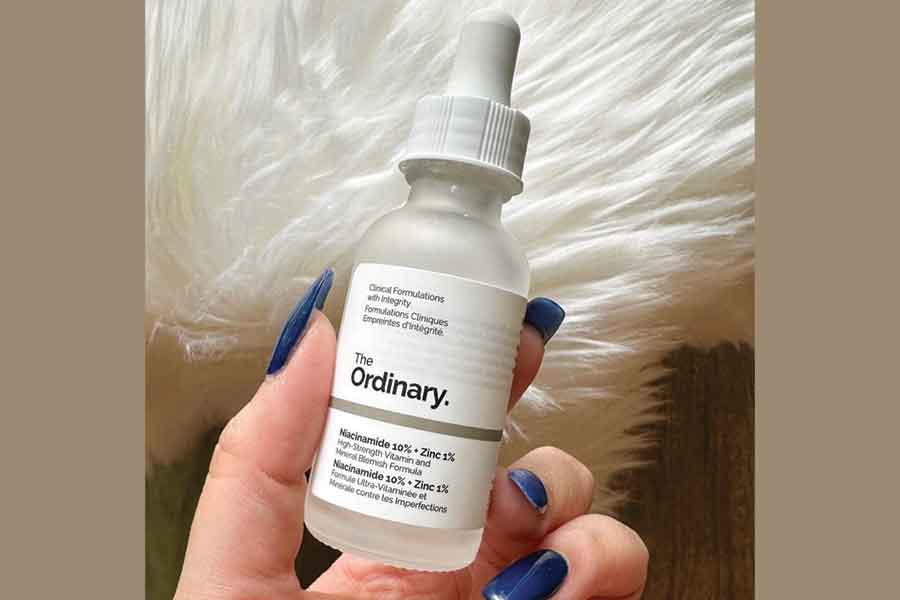
While these vitamins are all helpful for the skin, there are some precautions to be taken in their usage. Always patch-test new products before using them regularly. Some products may not be suitable for pregnant and breastfeeding mothers, or for certain skin types. As a bottom line, always consult a dermatologist if you face any irritation or major side effects from any skincare products.

